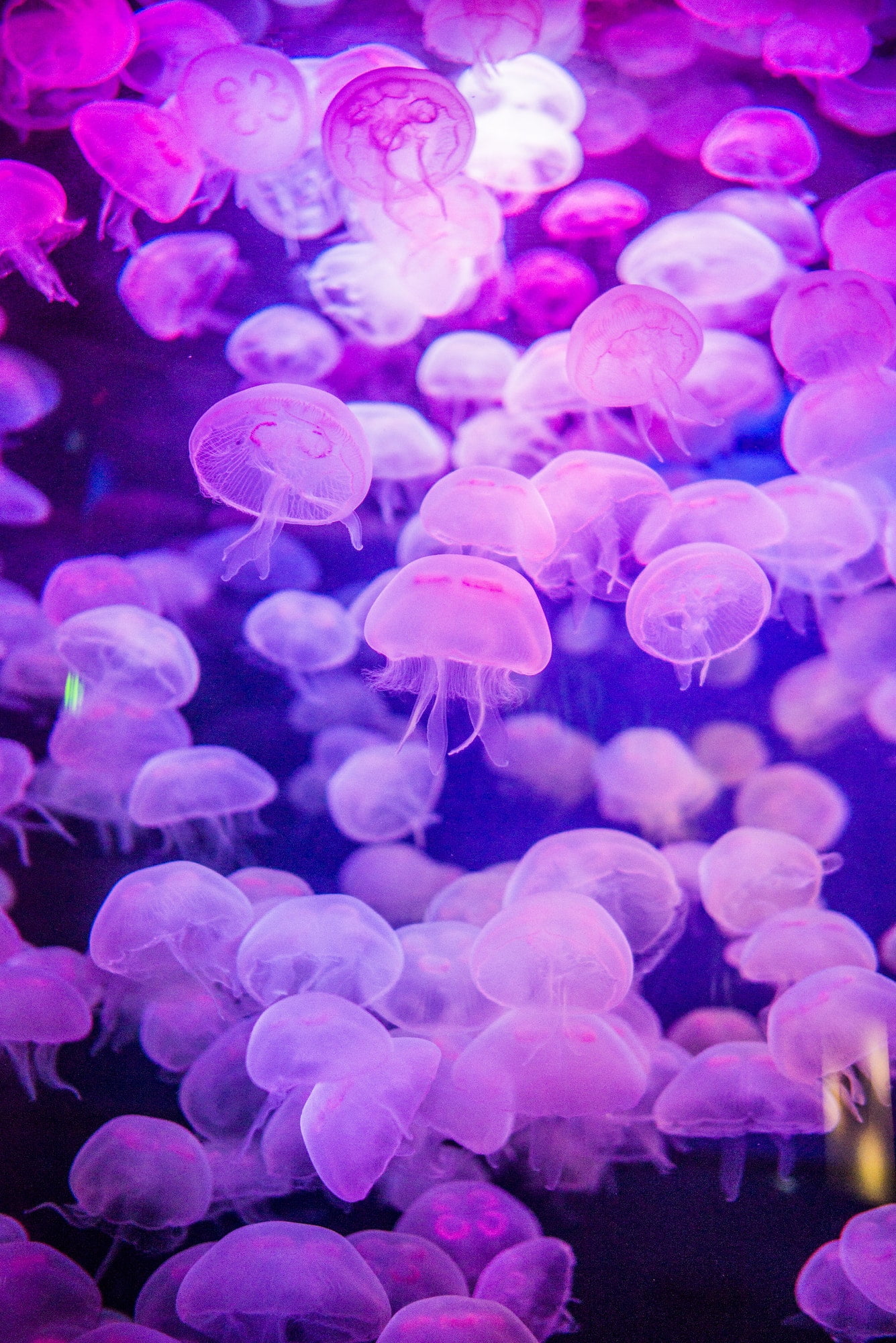Ecosystem
Empowering our members to identify, report, and co-develop solutions for complex, high-impact risk scenarios across sectors. Challenges are directly aligned with SDGs, which serve as a lifelong learning (LLL) framework within our Work-Integrated Learning Pathways (WILPs). Through active participation in NWGs and forming Competence Cells (CCells), members support QH issues by leveraging NE. Members advance from insight to action by engaging in structured stewardship programs, ecopreneurship accelerators, and high-impact hackathons. These initiatives build capacity to operationalize the Nexus Ecosystem (NE) within local, regional, and global contexts—ensuring scalable resilience, data-driven innovation, and inclusive development pathways
Empowering Public Goods for Systems Innovation
To refresh our ideas of ownership and governance, we are designing and experimenting with new and remembered ways of working together, sharing resources, group decision making. We learn how to steward commons, resources, and people's power for sustainable development and resilience building
Mobilizing Innovation Commons
Enabling Responsible Research
Designing Transformative Process
Integration Sustainable Solutions
Accelerating Systems Innovation



Future Innovation Labs
Increasing Water-use Efficiency And Ensuring Freshwater Supplies
Substantially increasing water-use efficiency across all sectors and ensuring sustainable withdrawals and supply of freshwater to address water scarcity and substantially reduce the number of people suffering from water scarcity.
10 Steps
- Complete Onboarding Process
0%
- Join Clean Water and Sanitation
0%
- Complete the course Ecopreneurship
0%
- Complete the course Public Risks
0%
- Complete the course Environmental Risks
0%
- Join seminars
0%
- Unlock SDGs
0%
- Publish a proposal on Increasing Water-use Efficiency And Ensuring Freshwater Supplies
0%
- Join Hackathons
0%
- Get nominated for CoI Level I
0%
Expanding Water And Sanitation Support To Developing Countries
Expanding international cooperation and capacity-building support to developing countries in water- and sanitation-related activities and programmes, including water harvesting, desalination, water efficiency, wastewater treatment, recycling and reuse technologies.
10 Steps
- Reach Onboarding Individuals
0%
- Join Clean Water and Sanitation
0%
- Complete the course Ecopreneurship
0%
- Complete the course Environmental Risks
0%
- Complete the course Public Risks
0%
- Join Seminars
0%
- Unlock SDGs
0%
- Publish a proposal on Expanding Water And Sanitation Support To Developing Countries
0%
- Join Hackathons
0%
- Get nominated for CoI Level I
0%
Improving Resource Efficiency In Consumption And Production
Improving progressively global resource efficiency in consumption and production and endeavour to decouple economic growth from environmental degradation, in accordance with the 10‑Year Framework of Programmes on Sustainable Consumption and Production, with developed countries taking the lead.
10 Steps
- Complete Onboarding Process
0%
- Join Decent Work and Economic Growth
0%
- Complete the course Ecopreneurship
0%
- Complete the course Environmental Risks
0%
- Complete the course Technology Risks
0%
- Join Seminars
0%
- Unlock SDGs
0%
- Publish a proposal on Improving Resource Efficiency In Consumption And Production
0%
- Join Hackathons
0%
- Get nominated for CoI Level I
0%
Increasing The Economic Benefits From the Sustainable Use Of Marine Resources
Increasing the economic benefits to small island developing States and least developed countries from the sustainable use of marine resources, including through sustainable management of fisheries, aquaculture and tourism.
8 Steps
- Complete Onboarding Process
0%
- Join Life Below Water
0%
- Complete the course Ecopreneurship
0%
- Complete the course Environmental Risks
0%
- Complete the course Financial Risks
0%
- Join Seminars
0%
- Join Hackathons
0%
- Get nominated for CoI Level I
0%
Universal Access To Safe And Nutritious Food
end hunger and ensure access by all people, in particular the poor and people in vulnerable situations, including infants, to safe, nutritious and sufficient food all year round.
5 Steps
- Complete Onboarding Process
0%
- Join Zero Hunger Group
0%
- Join Seminars
0%
- Join Hackathons
0%
- Get nominated for CoI Level I
0%